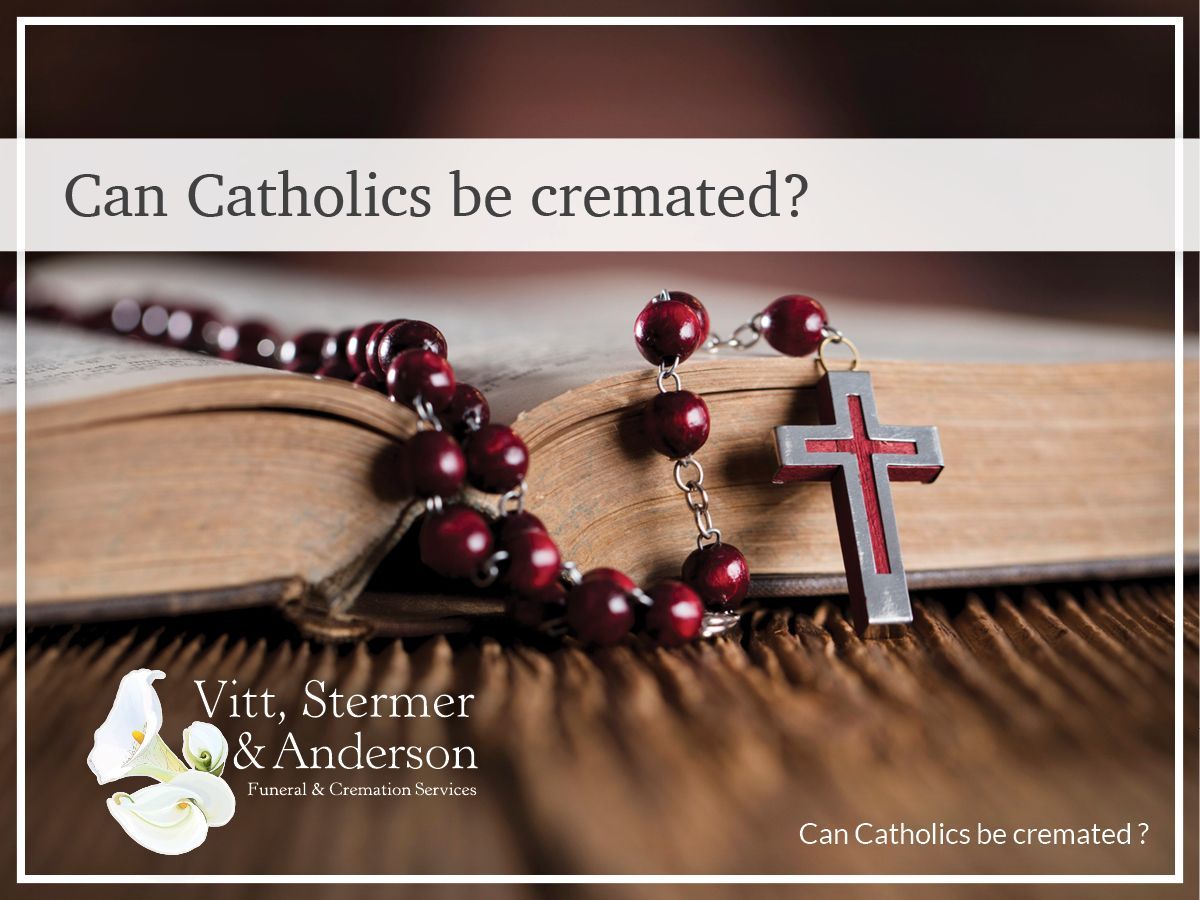So You Want to Donate Your Body to Science
Some people wish to be organ donors, but others want their whole body to make a difference. Donating your body to science is a way to help the future of health, giving medical students a chance to study real human anatomy, practice their future profession, and research and find treatments for deadly diseases.
By donating your body, you’re making a difference in death. Medical researchers rely on whole body donation to do everything from testing new medical devices to studying diseases to find potential cures. Donation services are always looking for people who are willing to become whole-body donors.
But just because you want to donate doesn’t mean that you’ll be able to become a donor. Not every body is the proper specimen for study. If you’re hoping to donate your body after death, it may be wise to familiarize yourself with the parameters of acceptance so you can confirm whether you will be eligible for participation.
Why Can’t You Always Donate Your Body to Science?
According to the Mayo Clinic, several issues may prevent you from donating your body to science. If you have a communicable disease, like HIV or hepatitis, you may be denied the ability to donate. Beyond diseases, the body's condition may also affect whether or not you can donate your body to science. If you’re substantially over or under average body mass, medical researchers will not be able to use your body.
The same problem applies to whether or not the body was already autopsied, has been embalmed, or is already decomposing. If you planned your funeral and wanted to go through the traditional processes of a funeral, like embalming, you cannot then donate your body to science later.
Your family may also prevent you from being donated. If the next of kin objects to your body being used for scientific research, it’s their legal choice to make. It’s crucial that, if you want to be donated to medical students and researchers, you make your plans known to your next of kin. Since they have the deciding vote, they need to be made aware of your final wishes.
How Can You Find Out If You Can Donate Your Body to Science?
If you want to be an organ donor, you can simply register in person at your local DMV or sign up online with your state’s registry. But it’s not so simple to donate your body to science. For starters, the process must begin long before your death. You could sign up with a program like Science Care, a body donation service that works with medical researchers and educators around the world, or an academic medical center like the Mayo Clinic. Look for the American Association of Tissue Banks accreditation to ensure you’re working with the right place. You could also donate directly to a school’s medical program.
But no matter where you choose to register, you’ll begin an in-depth process to determine if your body is a good fit. Through thorough medical vetting, these institutions will ask you questions about your current health and address if anything is preventing your body from being able to be worked on by medical researchers. That information is kept on file until you die, and your body will then be examined again after death to see if it’s still viable for donation.
What Happens If Your Body Is Accepted?
If your body can be donated to science, it will be transported to the facility where it will be utilized. The body will continue to be used until it is no longer an effective tool for study and research. This length of usefulness varies depending upon where you’ve donated and what types of studies will be run on the body. For instance, the donation may last from two to 18 months for the University of Minnesota's medical school. For the Mayo Clinic, studies of donated bodies are usually completed within six to 15 months.
What happens after the body’s usefulness has ended also depends upon where you donate. Some institutions will return the body to the family, to be cremated or buried depending on their wishes. But others will keep the body instead and be the ones to decide on its final resting place. Just like you should ideally preplan your funeral before your death, you should plan for what happens to your body after it has completed being used for science. Talk to your next of kin about what will happen to the body, if it’ll be returned or kept by the institution, and if they should expect any correspondence from the research facility after the body is no longer useable.
Can You Decide How Your Body Is Used?
While certain programs may allow you to opt out of specific types of research, as a whole, you can’t decide what your body will be used for. You may hope that your body is used to find a cancer cure, but it may be used for something entirely different. It’s up to the researchers to determine what your body is most needed for.
But regardless of how it’s used, donating your body to science is a way to further research for essential procedures, medication, treatments, and beyond. Should you choose to donate, and if you are accepted, your body will be used to advance medical science and benefit the world.












